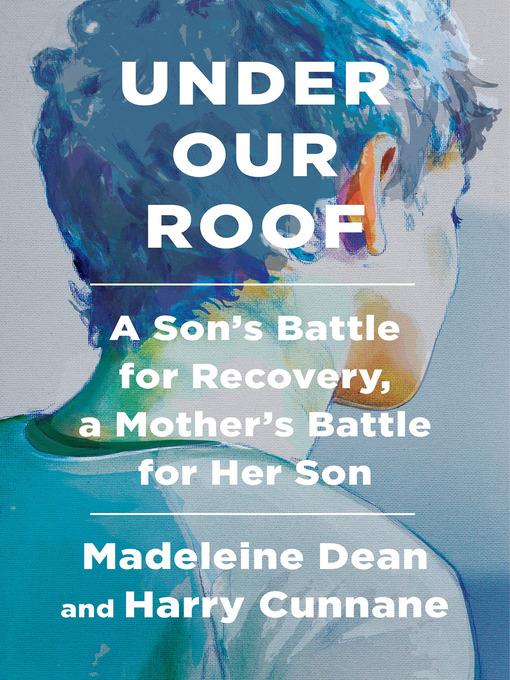
Under Our Roof
A Son's Battle for Recovery, a Mother's Battle for Her Son
- اطلاعات
- نقد و بررسی
- دیدگاه کاربران
نقد و بررسی

December 1, 2020
This candid family memoir of opioid addiction is narrated by a mother, Madeleine Dean, a U.S. congresswoman from Pennsylvania, and her middle son, Harry Cunnane. As Dean describes her concerns for her son, Harry offers harrowing details, such as how at one point, he chugs from a bottle of white vinegar and starts "to sense that there might be a problem." Indeed, he becomes hooked on the opioid painkiller, Percocet. It's easy to see why Harry feels inferior: While he's smoking pot, popping pills, getting his girlfriend pregnant, stealing money from his parents, and buying guns, his big brother, Pat Cunnane, works as a senior writer and deputy director of messaging in the Obama White House. And Harry refers to his dad as "a CEO who followed his passion from a job sweeping bike shop floors to a career building a large bicycle business of his own." Ultimately Harry, who finds a good woman and sobriety, says his "self-loathing" has turned into "self-love," while Dean parlayed their experiences into compassion for other families suffering the same trauma.
COPYRIGHT(2020) Booklist, ALL RIGHTS RESERVED.

January 1, 2021
A Pennsylvania congresswoman and her son recount his struggles with addiction. "When I did Harry's wash," writes Dean, "inevitably a lighter or condom or something equally troubling would bubble up out of his pockets or call my attention as it banged around in the dryer. It all comes out in the wash--that's what I would think as I furiously folded his clothes." Another troubling sign was Cunnane's transformation from bright student to disaffected slacker. We learn why on the next page: He was smoking marijuana and crushing and snorting Percocet pills. In alternating voices, both mother and son confess to believing that their childhoods were idyllic, but the latter's was more fraught. Introduced to alcohol and cigarettes while attending an "expensive all-boys academy surrounded by the harsh reality of North Philly," he quickly graduated to more powerful substances. Though Cunnane's narrative is often sententious ("Drugs became like a mistress I knew I had to hide but would risk anything for"), readers will sympathize when he describes the terrors of an ambulance ride to the hospital following an overdose and of the subsequent withdrawal. Some may find their sympathy dampened by his account of leaving rehab and resuming the same behavior (including after he became a father), even if relapse is a nearly universal experience for true addicts. Dean's passages move among hope, despair, sentimentality, anger, and exasperation; while occasionally moving, the prose doesn't always match the gravity of the situation. While the book is clearly well intentioned and may prove useful to readers dealing with their own illness or that of a loved one, it pales next to richer, more memorable narratives such as Mary Karr's Lit, Cameron Douglas' Long Way Home, and Erin Lee Carr's All That You Leave Behind (as well as her father's investigative The Night of the Gun). A modest contribution to the literature of recovery.
COPYRIGHT(2021) Kirkus Reviews, ALL RIGHTS RESERVED.




دیدگاه کاربران